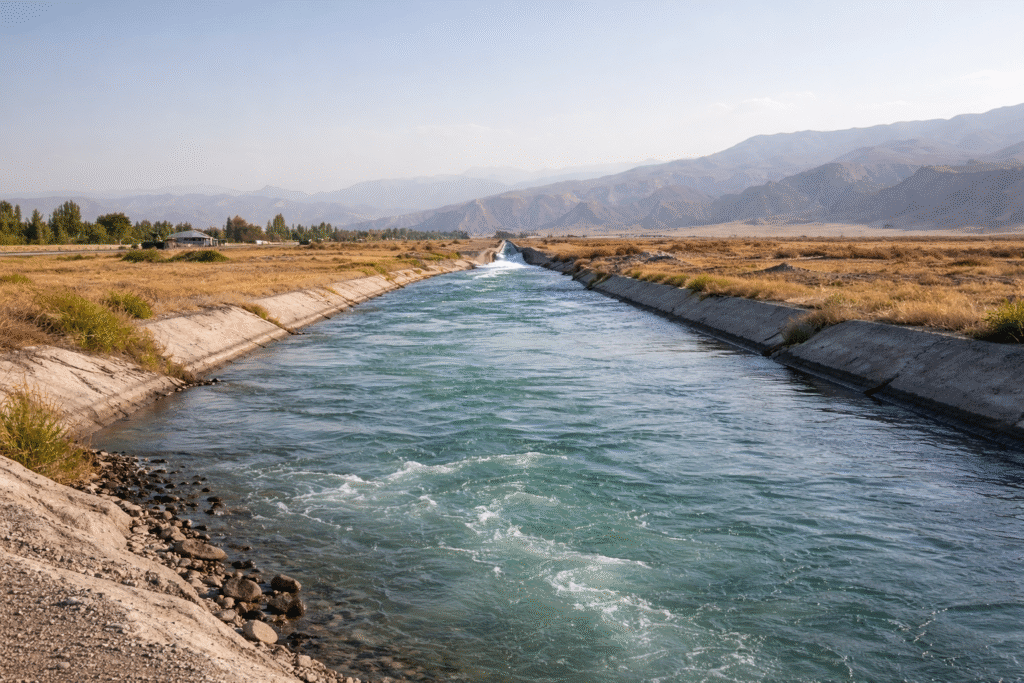Kyrgyz MP Questions Why Uzbekistan and Kazakhstan Don’t Pay for Irrigation Water
A long-standing debate over Kyrgyzstan’s water resources resurfaced this week after a member of parliament questioned why Uzbekistan and Kazakhstan do not compensate Kyrgyzstan for irrigation water sourced from its reservoirs, according to a report by Kaktus Media. Speaking at a February 9 meeting of the parliamentary committee on agrarian policy, water resources, ecology, and subsoil use, MP Umbetaly Kydyraliev raised concerns about growing water shortages caused by climate change and the lack of economic return from water exports to neighboring countries. “About 80% of the water in our reservoirs goes to Kazakhstan and Uzbekistan,” said Kydyraliev. “How are we resolving this issue with them?” Regional Cooperation vs. Compensation In response, Deputy Prime Minister and Minister of Water Resources, Agriculture, and Processing Industry Bakyt Torobaev explained that while Uzbekistan and Kazakhstan are not making direct payments for water, they are contributing to major regional infrastructure projects, most notably, the Kambar-Ata-1 hydropower plant. Torobaev emphasized that cooperation is based on mutual benefit rather than transactional agreements. He noted that both countries have expressed strong interest in ensuring reliable access to water and have supported the hydropower initiative accordingly. Kambar-Ata-1: Strategic Investment Kambar-Ata-1, originally launched during the Soviet era and later shelved, is poised to become one of Central Asia’s largest hydropower plants. Once completed, it is expected to surpass the output of the Toktogul hydropower station, currently Kyrgyzstan’s main source of electricity. The plant's projected cost is around $3.6 billion. Who Should Pay for Upkeep? Kydyraliev also cited other key reservoirs, including Kempir-Abad (jointly managed with Uzbekistan), Kirov, and Orto-Tokoy, which remain under Kyrgyzstan’s jurisdiction. Annual intergovernmental commissions determine how much water is released from these facilities, yet no financial compensation is received. “Does this mean Kyrgyzstan gains no economic benefit from maintaining these hydropower facilities?” he asked. “We have to repair them, stabilize water levels, and inspect dams. These are real costs. Other countries pay for water under international law.” Official Position: No Demands for Payment Deputy Energy Minister Nasipbek Kerimov noted that the issue is being jointly studied by energy and water specialists. Torobaev added that details of these discussions are confidential but confirmed that President Sadyr Japarov has instructed officials not to demand payments from neighboring states for infrastructure maintenance. Instead, Kyrgyzstan will shoulder those costs itself, with any external assistance remaining voluntary.






